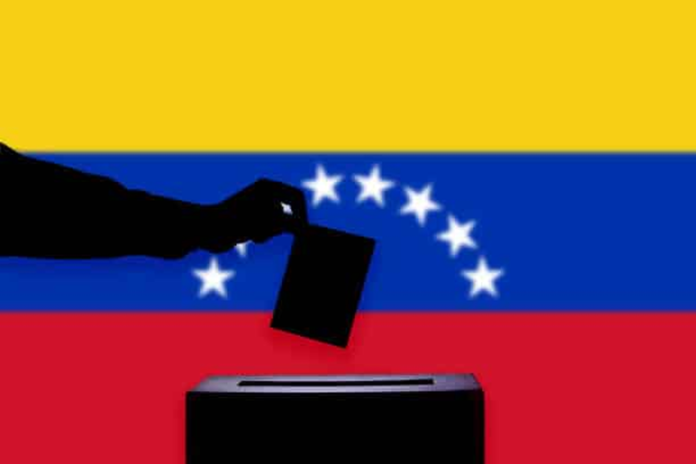Abstract
-
The political landscape in Venezuela is set for a dramatic shift as ‘Third-Way’ parties strategize to dilute the opposition vote in the 2024 elections.
-
These parties, once part of the opposition, are now seen as tools of the Chavista regime, aiming to fragment the opposition vote and secure a win for the ruling party.
-
The article explores the complex dynamics of these parties and their potential impact on the upcoming elections.
In 2020, the Supreme Tribunal of Justice (TSJ), under the control of the Maduro regime, selected new leaders for the largest opposition political parties in a series of controversial rulings. This move resulted in the creation of a tailor-made «opposition» ready to participate in the parliamentary elections, which were boycotted by the opposition and denounced as fraudulent by international allies.
A year later, these doppelganger parties, known as alacranes, joined other nominally-opposition parties to form a new coalition named Alianza Democrática. This coalition aimed to challenge the mainstream opposition’s Unitary Platform, which had returned to the electoral strategy. The result was a disaster for the opposition, with the ruling party, PSUV, winning most governorships due to the dispersion of non-Chavista votes among multiple candidates.
The situation is more complex than it appears. Some minor parties within the Alianza Democrática supported candidates outside the coalition or even backed the Unitary Platform’s candidates. The Venezuelan government, lacking sufficient funds to support its clientelistic networks and massive spending, is likely to push the influence of the alacrán parties and those outside the Unitary Platform in the 2024 presidential elections.
However, not all parties outside the Unitary Platform seem determined to support third-party candidates. This article provides a case-by-case prediction of the actions of these «third way» parties in the 2024 elections.
The Rise of Alianza Democrática
Alianza Democrática was founded by former opposition lawmakers involved in the Operación Alacrán scandal. Despite its growth since its first appearance in the 2020 parliamentary elections, the 2021 regional elections revealed that the Alianza’s parties do not behave as a single voting bloc. Instead, they act as two distinct groups made up of the coalition’s core founders and «everyone else.»
The Fate of El Cambio and Ecarri’s New Club
El Cambio, a sort of evangelical party, has an uncertain future. Antonio Ecarri, leader of the party Alianza del Lápiz, has repeatedly affirmed that he’s running independently for president, a «third way» candidate. He recently revealed he’s founding a new coalition—Independent Pact for Popular Change—with two founding parties of Alianza Democrática.
The Role of MINunidad and Soluciones
MINunidad and Soluciones are parties whose primary purpose seems to be breaking up the oppositional vote. They have a history of deploying their own regional candidates and using confusion tactics to gain votes.
Fuerza Vecinal and MAS: Potential Allies?
Fuerza Vecinal and Movimiento al Socialismo (MAS) could play similar roles in the 2024 presidential election. Both parties have shown signs of aligning with the Unitary Platform and are likely to support the mainstream opposition’s single candidate after the primaries.
The Wild Cards
Some parties, like Movimiento Ecológico and Unión y Progreso, have unclear positions. Their actions in the upcoming elections could significantly influence the political landscape.
The Dissident Chavistas
The Partido Comunista de Venezuela (PCV) and Unidad Política Popular 89 (UPP89) have had a troubled relationship with the ruling PSUV party. Their actions in the upcoming elections could significantlyinfluence the political landscape.
2024 and Beyond
The Maduro government, suffering from a lack of popular approval, is likely to increase authoritarian measures to maintain «stability». A motion was recently filed before the Supreme Tribunal of Justice to intervene in the National Commission of Primaries. If successful, this could lead to full government control over the primary process and the creation of an alacrán National Commission of Primaries. This could potentially shatter some of the more fragile anti-Platform alliances and strengthen support for the Unitary Platform’s parties.
The next few months will be critical and marked by upheaval. The opposition might renew itself in a new form or might splinter indefinitely. The political landscape in Venezuela is set for a dramatic shift as ‘Third-Way’ parties strategize to dilute the opposition vote in the 2024 elections.









